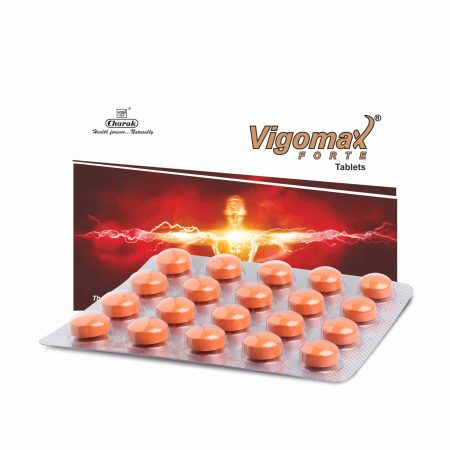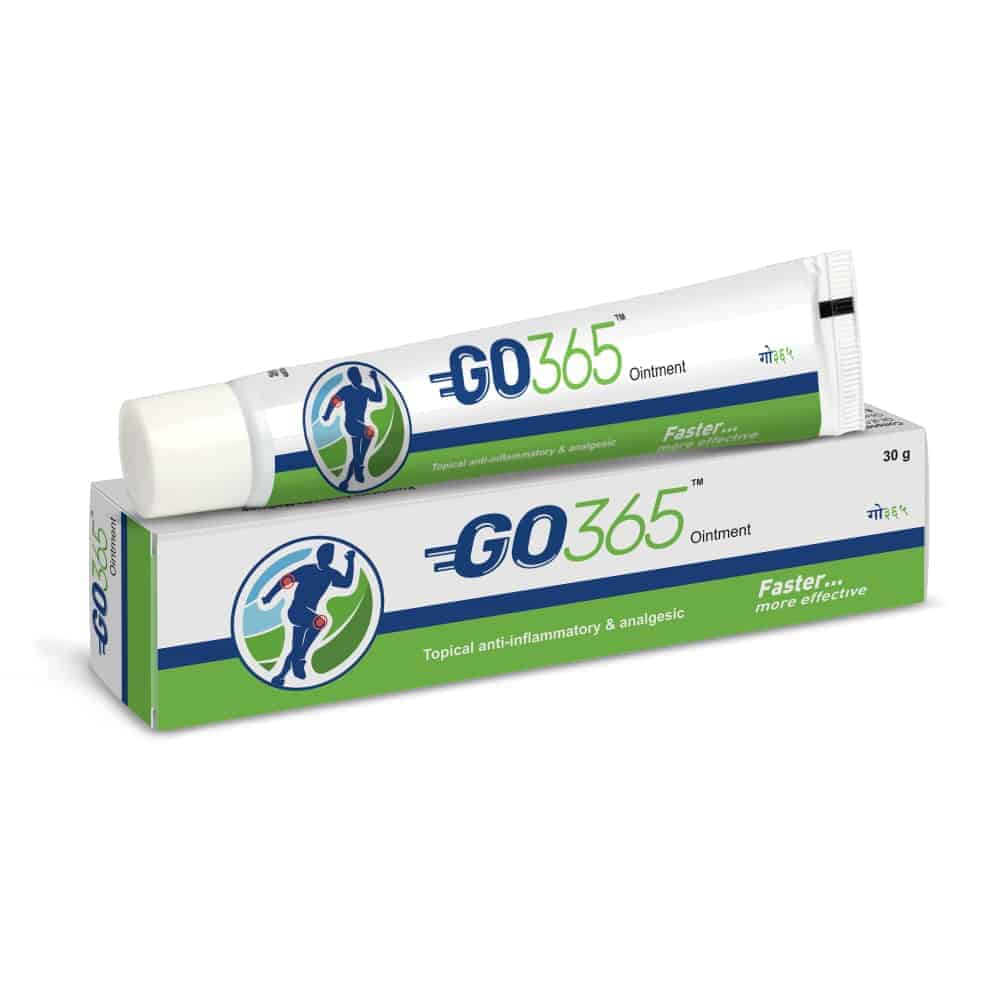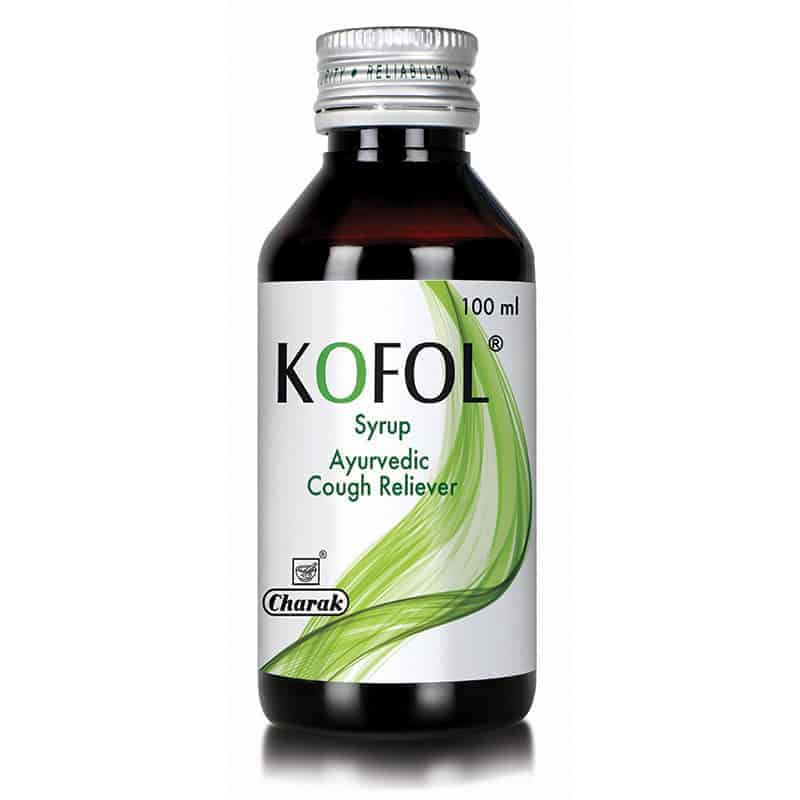Impotence , Erectile dysfunction
Impotence is a common problem among men – characterized by the consistent inability to sustain an erection sufficient for sexual intercourse or the inability to achieve ejaculation, or both. The manifestations of erectile dysfunction may vary. It can involve a total inability to achieve an erection or ejaculation, an inconsistent ability to do so, or a tendency to sustain only very brief erections. Erectile dysfunction is different from other conditions that interfere with male sexual intercourse, such as lack of sexual desire (decreased libido) and problems with ejaculation and orgasm (ejaculatory dysfunction). The risk of impotence increases with age. It is four-fold higher in men in their 60s compared with those in their 40s.
Decreased Libido, Reduced Sex Drive, Inhibited Sexual Desire
A decrease in sex drive can develop both due to medical conditions as well as to psychological or emotional issues. Inhibited sexual desire is a type of sexual dysfunction that affects both men and women. A reduction in sexual desire has been associated with low levels of testosterone in men. Likewise, women in the menopausal transitions sometimes report a decrease in sex drive. Chronic illnesses and chronic pain can also lead to a decrease in sex drive, likely through a combination of physical effects of the disease as well as the psychological stress associated with a chronic illness. Certain medications such as some antidepressants can also cause a reduction in sex drive.
Showing all 2 results








